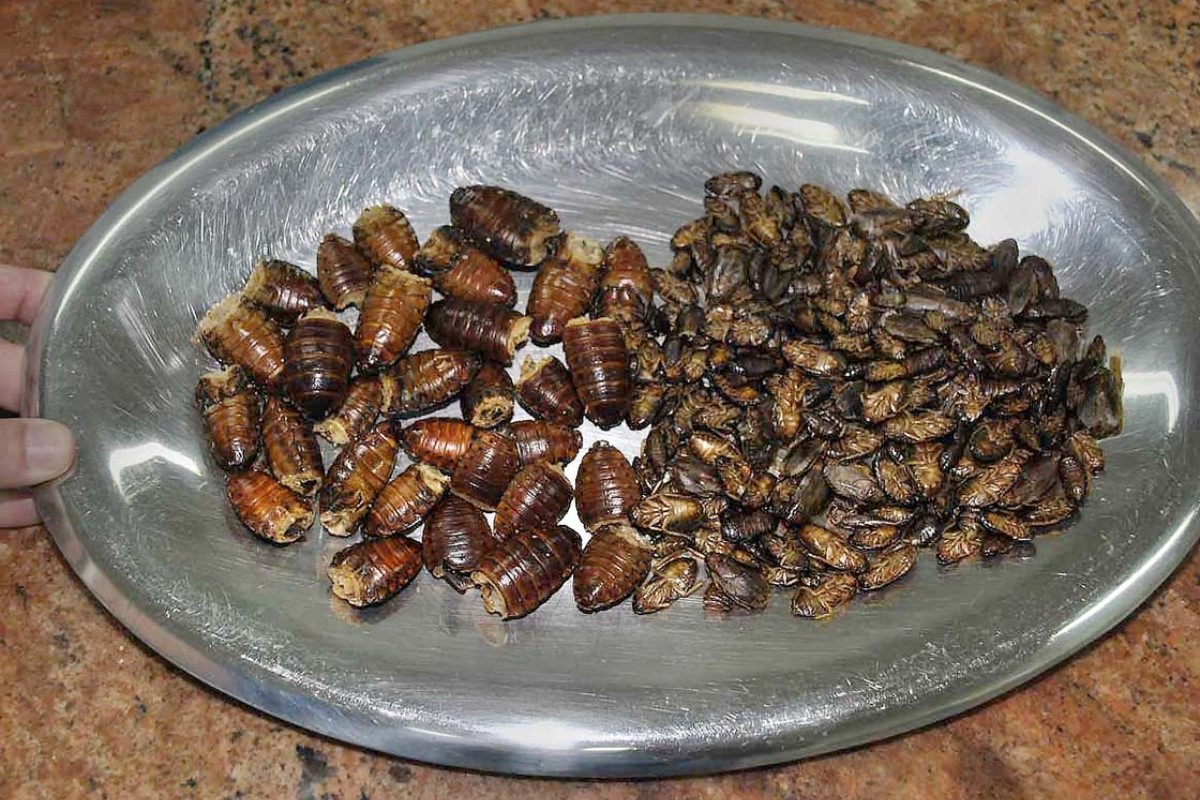
When it comes to nutrition, cockroaches might not be the first thing that comes to mind. However, these resilient creepy crawlers actually have some surprising nutritional facts that might shock you. Cockroaches are not only considered a delicacy in certain parts of the world, but they also provide a significant source of essential nutrients.
While the thought of consuming a cockroach may turn your stomach, it’s important to approach this topic with an open mind. After all, understanding the nutritional value of different food sources can expand our horizons and challenge our perceptions about what is considered edible.
In this article, we will explore 11 fascinating cockroach nutrition facts that will shed light on the nutritional composition of these insects. From protein content to vitamin and mineral profiles, you’ll gain a deeper understanding of what cockroaches have to offer from a nutritional standpoint.
Key Takeaways:
- Cockroaches are a surprisingly nutritious food, rich in protein, vitamins, and minerals, making them a valuable food source for animals and even humans in some cultures.
- Studies are exploring the potential medicinal properties of cockroaches, including their antioxidant, antimicrobial, and anticancer properties, which could benefit human health in the future.
Cockroaches are a good source of protein.
Cockroaches are rich in protein, making them a valuable food source for some animals and even humans in certain cultures.
Cockroach eggs are packed with nutrients.
Cockroach eggs contain a high amount of essential nutrients, including protein, vitamins, and minerals.
Cockroaches are low in fat.
Despite their reputation, cockroaches are actually low in fat, making them a relatively lean food option.
Cockroaches are rich in minerals.
Cockroaches contain minerals such as iron, calcium, and zinc, which are important for maintaining a healthy body.
Cockroaches are a good source of fiber.
Cockroaches have a decent amount of dietary fiber, which aids in digestion and promotes a healthy gut.
Cockroaches are high in antioxidants.
Studies have shown that cockroaches possess antioxidant properties, which can help protect the body against oxidative damage.
Cockroaches contain essential amino acids.
Cockroaches provide a range of essential amino acids that the body needs for proper growth and repair of tissues.
Cockroaches are low in carbohydrates.
For those following a low-carb diet, cockroaches can be a suitable choice as they contain minimal carbohydrates.
Cockroaches have a high water content.
Cockroaches are made up of approximately 70% water, making them a hydrating food choice.
Cockroaches contain vitamins A and B.
These resilient insects are a good source of vitamins A and B, which are crucial for maintaining overall health.
Cockroaches may have potential medicinal properties.
Studies are being conducted to explore the potential medicinal properties of cockroaches, including their antimicrobial and anticancer properties.
Conclusion
Although it may seem unusual, learning about cockroach nutrition can provide valuable insights into these resilient creatures. Cockroaches are known for their ability to survive in various environments and adapt to different food sources. Their unique digestive system enables them to consume a wide range of organic materials, including fruits, vegetables, decaying matter, and even other insects.
Understanding the nutritional needs of cockroaches is important for effective pest control methods. By disrupting their food sources, we can discourage their presence in our homes and businesses. Additionally, recognizing the potential health risks associated with cockroaches can underscore the importance of keeping our living spaces clean and free from these pests.
Next time you come across a cockroach, remember that even these resilient creatures have specific nutritional needs. By staying informed, we can better understand and manage their presence.
FAQs
Q: Do cockroaches eat anything?
A: Cockroaches are known to be opportunistic scavengers, consuming a variety of organic materials such as food scraps, paper, fabric, and even dead insects.
Q: Are cockroaches harmful to humans if ingested?
A: While cockroaches can carry harmful bacteria that can contaminate food and surfaces, ingesting a cockroach itself is not generally considered harmful to humans.
Q: Can cockroaches survive without food for long periods?
A: Cockroaches have incredible survival instincts and can live for several weeks without food, depending on the species and environmental conditions.
Q: Can cockroaches survive on just crumbs and food scraps?
A: Some species of cockroaches can survive solely on small crumbs and food scraps, as they have evolved to adapt to various food sources.
Q: How can I prevent cockroach infestations in my home?
A: To prevent cockroach infestations, it is crucial to keep your living space clean and free from food debris, seal any entry points, and keep areas like the kitchen and bathroom dry and well-ventilated.
Was this page helpful?
Our commitment to delivering trustworthy and engaging content is at the heart of what we do. Each fact on our site is contributed by real users like you, bringing a wealth of diverse insights and information. To ensure the highest standards of accuracy and reliability, our dedicated editors meticulously review each submission. This process guarantees that the facts we share are not only fascinating but also credible. Trust in our commitment to quality and authenticity as you explore and learn with us.
